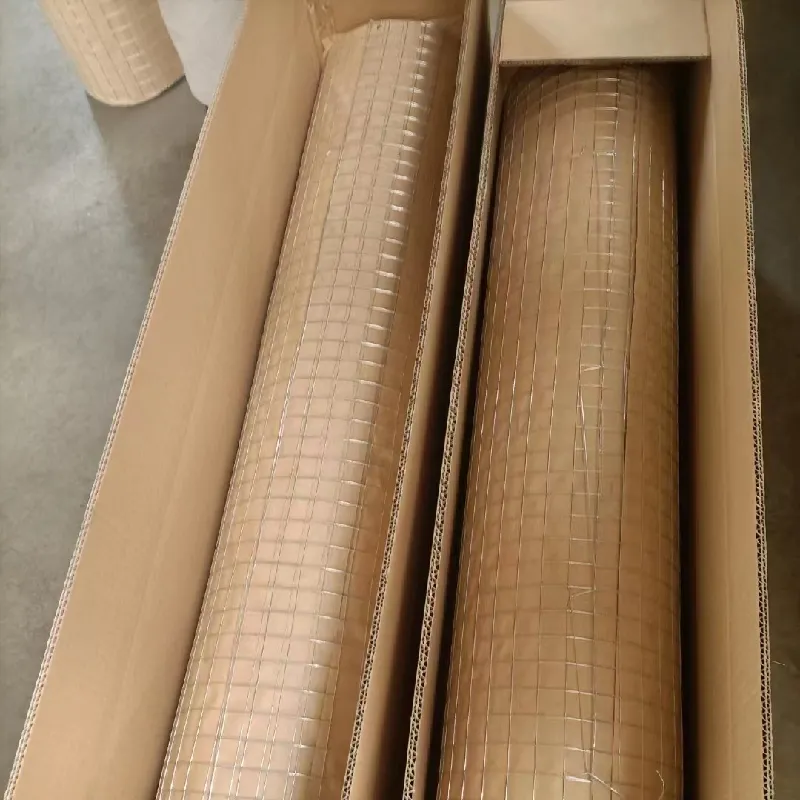-
 Afrikaans
Afrikaans -
 Albanian
Albanian -
 Amharic
Amharic -
 Arabic
Arabic -
 Armenian
Armenian -
 Azerbaijani
Azerbaijani -
 Basque
Basque -
 Belarusian
Belarusian -
 Bengali
Bengali -
 Bosnian
Bosnian -
 Bulgarian
Bulgarian -
 Catalan
Catalan -
 Cebuano
Cebuano -
 China
China -
 Corsican
Corsican -
 Croatian
Croatian -
 Czech
Czech -
 Danish
Danish -
 Dutch
Dutch -
 English
English -
 Esperanto
Esperanto -
 Estonian
Estonian -
 Finnish
Finnish -
 French
French -
 Frisian
Frisian -
 Galician
Galician -
 Georgian
Georgian -
 German
German -
 Greek
Greek -
 Gujarati
Gujarati -
 Haitian Creole
Haitian Creole -
 hausa
hausa -
 hawaiian
hawaiian -
 Hebrew
Hebrew -
 Hindi
Hindi -
 Miao
Miao -
 Hungarian
Hungarian -
 Icelandic
Icelandic -
 igbo
igbo -
 Indonesian
Indonesian -
 irish
irish -
 Italian
Italian -
 Japanese
Japanese -
 Javanese
Javanese -
 Kannada
Kannada -
 kazakh
kazakh -
 Khmer
Khmer -
 Rwandese
Rwandese -
 Korean
Korean -
 Kurdish
Kurdish -
 Kyrgyz
Kyrgyz -
 Lao
Lao -
 Latin
Latin -
 Latvian
Latvian -
 Lithuanian
Lithuanian -
 Luxembourgish
Luxembourgish -
 Macedonian
Macedonian -
 Malgashi
Malgashi -
 Malay
Malay -
 Malayalam
Malayalam -
 Maltese
Maltese -
 Maori
Maori -
 Marathi
Marathi -
 Mongolian
Mongolian -
 Myanmar
Myanmar -
 Nepali
Nepali -
 Norwegian
Norwegian -
 Norwegian
Norwegian -
 Occitan
Occitan -
 Pashto
Pashto -
 Persian
Persian -
 Polish
Polish -
 Portuguese
Portuguese -
 Punjabi
Punjabi -
 Romanian
Romanian -
 Russian
Russian -
 Samoan
Samoan -
 Scottish Gaelic
Scottish Gaelic -
 Serbian
Serbian -
 Sesotho
Sesotho -
 Shona
Shona -
 Sindhi
Sindhi -
 Sinhala
Sinhala -
 Slovak
Slovak -
 Slovenian
Slovenian -
 Somali
Somali -
 Spanish
Spanish -
 Sundanese
Sundanese -
 Swahili
Swahili -
 Swedish
Swedish -
 Tagalog
Tagalog -
 Tajik
Tajik -
 Tamil
Tamil -
 Tatar
Tatar -
 Telugu
Telugu -
 Thai
Thai -
 Turkish
Turkish -
 Turkmen
Turkmen -
 Ukrainian
Ukrainian -
 Urdu
Urdu -
 Uighur
Uighur -
 Uzbek
Uzbek -
 Vietnamese
Vietnamese -
 Welsh
Welsh -
 Bantu
Bantu -
 Yiddish
Yiddish -
 Yoruba
Yoruba -
 Zulu
Zulu
welded wire
Welded Wire A Versatile Solution for Various Applications
Welded wire has emerged as a fundamental material in numerous industries due to its strength, durability, and flexibility. Made from high-quality steel wires that are electrically welded at their intersections, welded wire products are primarily used in construction, agriculture, fencing, and various industrial applications. This article explores the benefits and applications of welded wire, highlighting its versatility and significance.
One of the key advantages of welded wire is its structural integrity. The welding process ensures that the wires are firmly bonded together, creating a mesh that can withstand significant tension and pressure. This characteristic makes it ideal for reinforcing concrete structures, such as slabs and walls. By providing enhanced load-bearing capacity, welded wire mesh significantly increases the durability and longevity of concrete projects.
In agriculture, welded wire is widely used for creating enclosures and fencing. Farmers often rely on welded wire panels to protect livestock and crops from predators and trespassers. The uniform grid pattern of welded wire provides an effective barrier while allowing for adequate visibility and ventilation. Furthermore, the corrosion-resistant coatings applied to welded wire products ensure their longevity, making them a cost-effective solution for agricultural needs.
welded wire

Welded wire is also favored for residential and commercial fencing. Its robust construction offers superior security compared to traditional fencing materials, making it an excellent choice for properties requiring enhanced safety measures. Available in various heights and gauge sizes, welded wire fencing can be customized to meet specific requirements, whether for garden enclosures or perimeter security around commercial facilities.
In addition to fencing and construction, welded wire finds its place in various industrial applications. It is commonly used in manufacturing processes where a strong, uniform framework is needed. For instance, welded wire is utilized in the production of storage racks, shelving, and cages. These products benefit from the inherent strength of welded wire, making them suitable for supporting heavy loads and providing reliable storage solutions.
Moreover, welded wire can be easily fabricated into different shapes and sizes, adding to its versatility. From custom-sized panels to intricate designs for artistic purposes, the adaptability of welded wire allows it to be used in a wide range of projects. Its aesthetic appeal and functionality make it a preferred choice among architects and designers, who often incorporate welded wire features into their designs.
In conclusion, welded wire stands out as a practical and efficient material across various sectors. Its strength, durability, and versatility have made it an essential choice in construction, agriculture, fencing, and industrial applications. As industries continue to evolve, the demand for welded wire products is expected to grow, underpinning its role as a vital component in modern infrastructure and design. Whether for safety, reinforcement, or decorative purposes, welded wire remains a trusted solution for countless applications.
-
Shipping Plastic Bags for Every NeedNewsJul.24,2025
-
Safety Netting: Your Shield in ConstructionNewsJul.24,2025
-
Plastic Mesh Netting for Everyday UseNewsJul.24,2025
-
Nylon Netting for Every UseNewsJul.24,2025
-
Mesh Breeder Box for Fish TanksNewsJul.24,2025
-
Expanded Steel Mesh Offers Durable VersatilityNewsJul.24,2025











